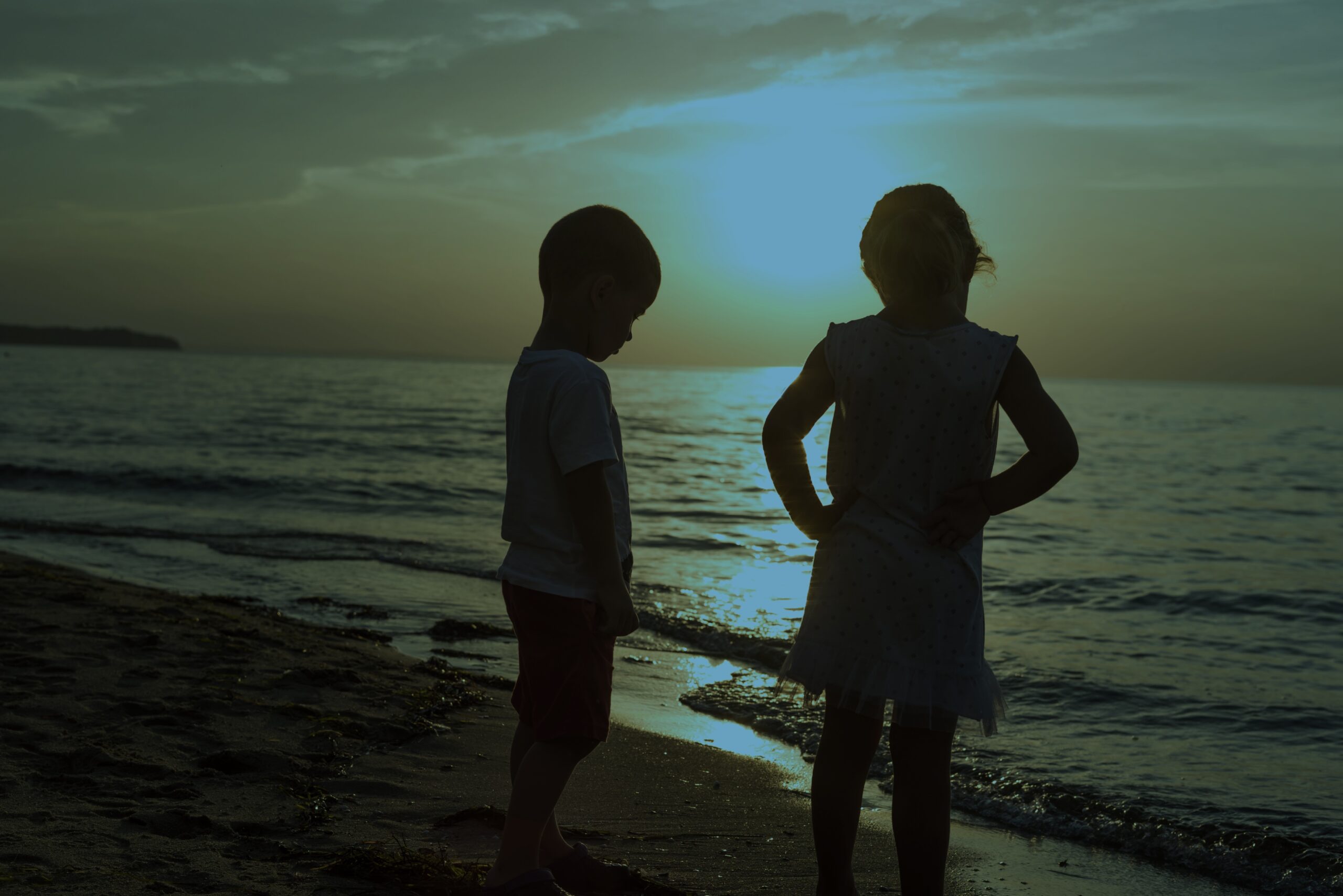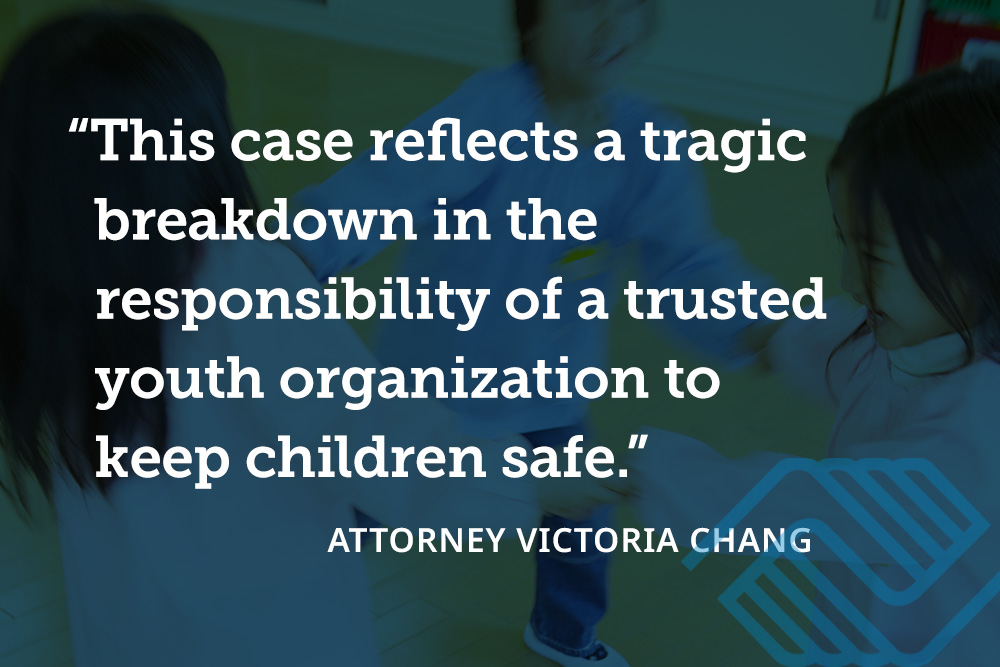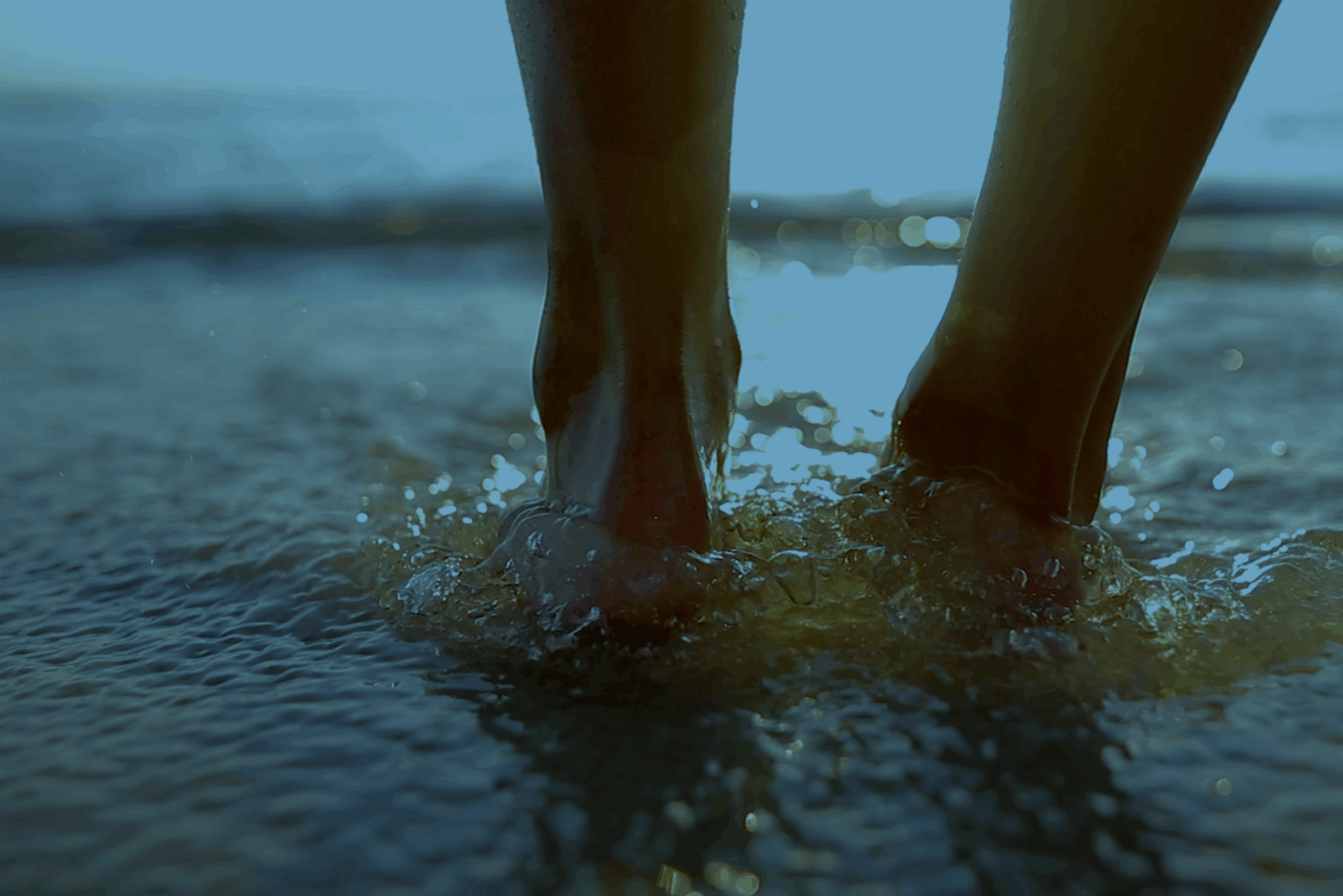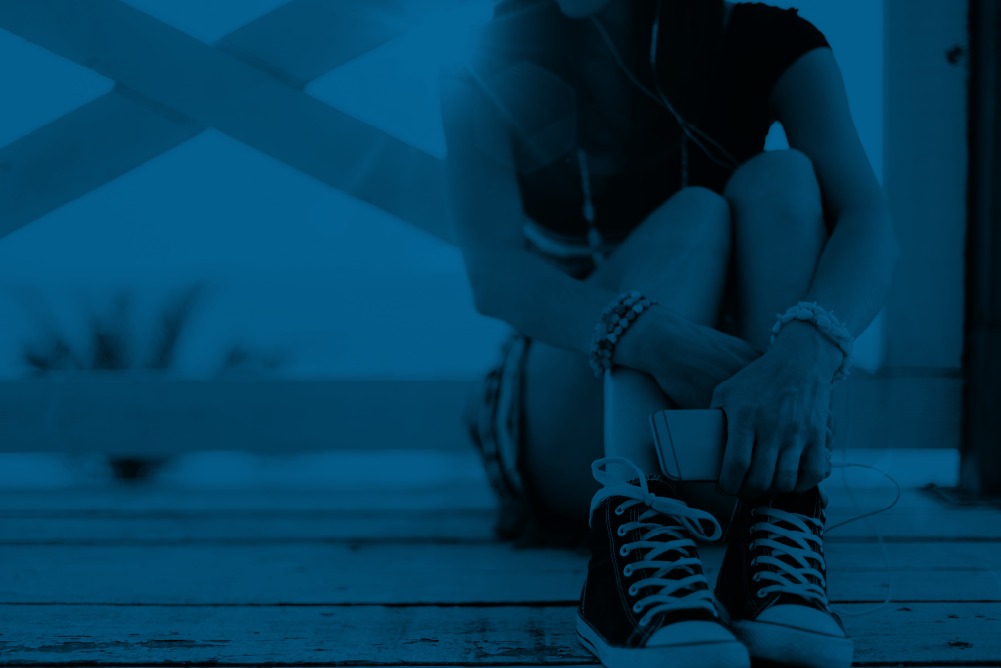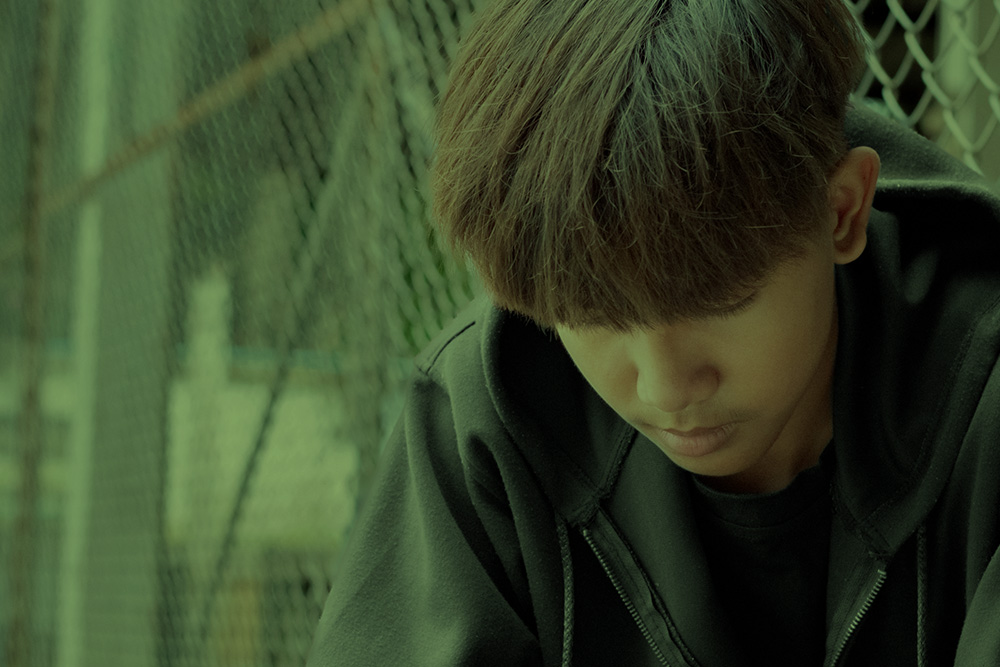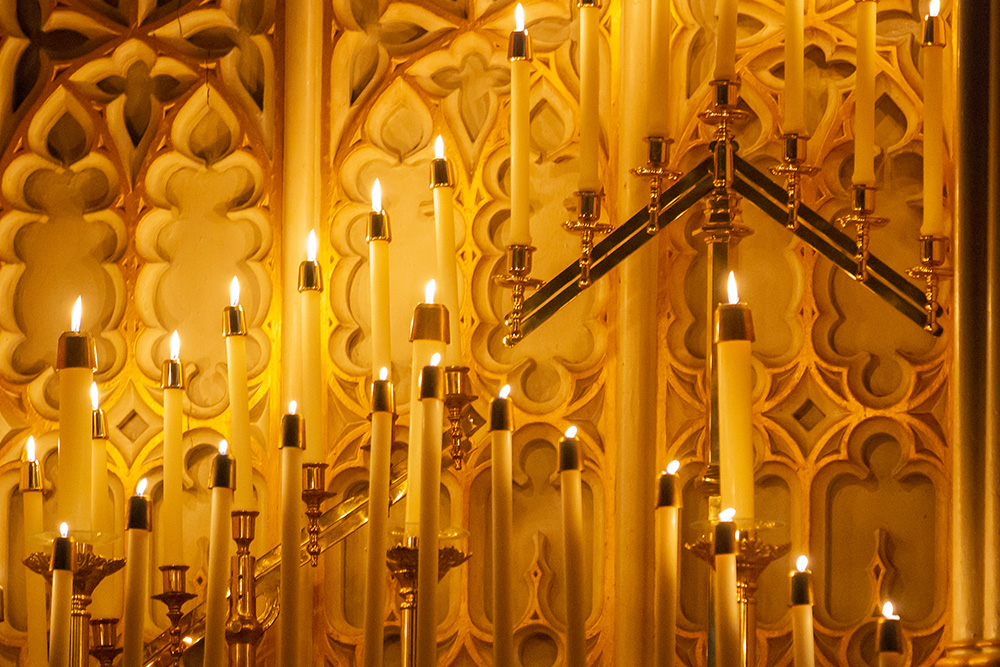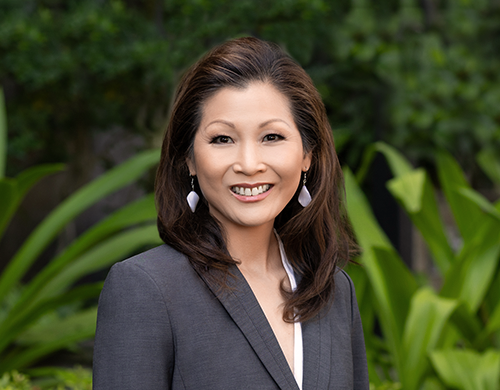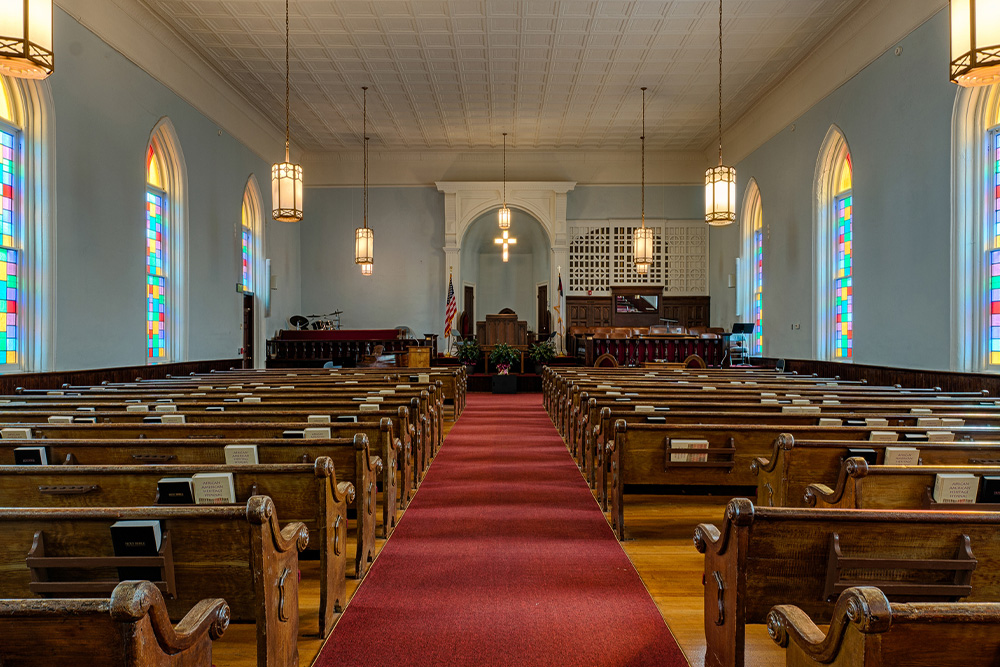Reports of child sexual abuse in Hawai’i are rising at alarming rates, raising serious questions about whether organizations and institutions are doing enough to protect children in their care.
According to 2024 data from the state’s five Children’s Justice Centers, the centers tracked a combined 1,839 cases involving child sex abuse, trafficking, severe physical abuse, online exploitation and exposure to violence, Hawaii News Now reported.
The year-to-year increases were striking. On Oahu, cases rose from 297 in 2023 to 389 in 2024. In West Hawai’i, severe abuse reports more than doubled in just one year. Over the past five years, nearly 10,000 children were identified as victims of abuse statewide. Experts also believe the number of sex assault victims could be twice as high because many incidents go unreported. For every sexual abuse survivor who steps forward, there are others still living in silence.

